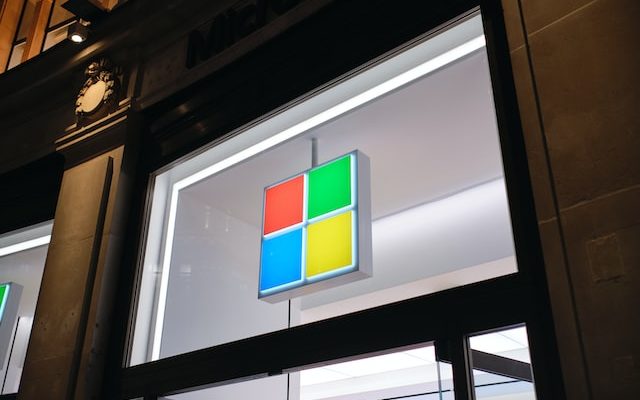Online search has seen its fair share of big players come and go. From Lycos to AltaVista, search engines have risen to dizzy heights only to disappear from view. All except Google; from its launch in 1998, the company’s name is now synonymous with finding information on the web. But while Google dominates the search space today, could Microsoft’s AI search introduction be about to challenge its top spot?
Takeaways
- In a New York Times article published the day after Microsoft announced upgrades to its Bing search engine, technology journalist Kevin Roose wrote that ‘Google has stiff competition now, after Microsoft integrated powerful AI technology into its search engine.
- Roose recalled the first time he used Google and ‘how magical it felt to be able to call up knowledge from the depths of the internet’. But, he went on to note that he experienced a ‘similar sense of awe’ when he started using Microsoft’s new, AI-powered Bing. In case of any confusion, he wrote:
Yes, Bing, Microsoft’s eternally mocked search engine. It’s good now. I know, I’m still adjusting, too.
- Signing off his column, Roose said he was about to do something he never though he would – switch his default search engine to Bing.
Bing Vs Google
- Microsoft first invested in OpenAI in 2019 and is reported to have increased its stake this year with another $10 billion investment. The company is moving to take advantage of the recent progress in AI capabilities, the huge wave of interest that has surrounded OpenAI’s ChatGPT chatbot and to try to catch up with Google.
- The motivation for the Bing relaunch is to gain traction in the search market, something that has eluded Microsoft over the decade or so since the firm rebranded its Live search. The reward if Bing can challenge Google’s lead would be a bigger share of the $100 billion search advertising market.
- Microsoft’s AI challenge appears to be viewed as a real threat by Google. So much so that the industry leader was ‘spooked’ into releasing its own AI chatbot, Bard, to ‘trusted testers’ just hours before Microsoft’s Bing announcement. Underlining how high-the stakes are, Google’s parent Alphabet suffered a $100 billion drop in its share price when AI chatbot Bard returned a wrong answer in a promotional video.
Search results
Microsoft’s AI search relaunch could already be paying off for consumers. Search Engine Land is reporting that the company is claiming the “largest jump in relevance in two decades” after applying the AI model to the Bing core search ranking engine.
Writing on SEL, Barry Schwartz said Microsoft hasn’t explained how exactly it defines relevancy, but there have been reports of a Bing algorithm update that has ‘heavily impacted’ Bing rankings and traffic for some sites.
Schwartz said that while Bing has a much smaller market share compared to Google, it is still a player in search. He wrote:
It may be an even larger player in search in the coming months and years if it can continue to improve relevancy and innovate with new search concepts, such as chat and other AI integrations.









